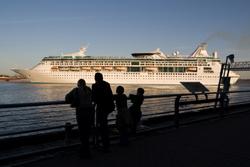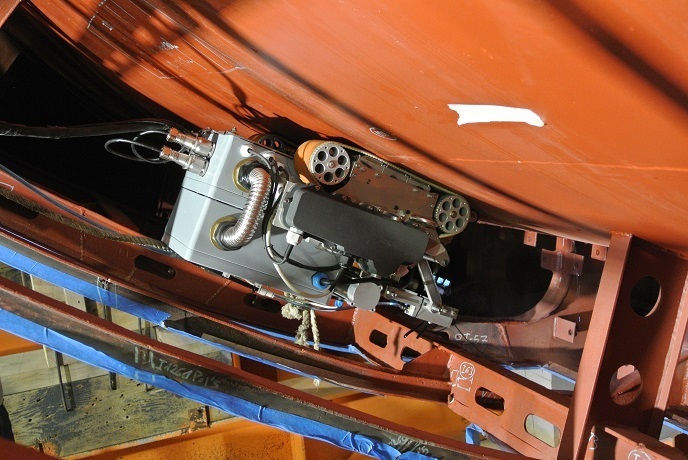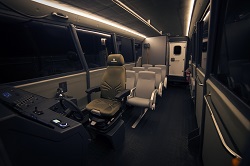Examining motion sickness on ships
Two types of simulated tests were carried out in order to realistically test motion sickness as experienced on sea transportation. It involved recreating realistic and human orientated motion sickness as well as designing a passenger comfort model. Other associated conditions were tested, such as postural stability, fatigue, cognitive and motor tasks. In order to construct these models, scientists carried out both full-scale and lab-scale trials. The empirical findings and the results of theoretical modelling were combined with passenger surveys and previous studies carried out in the medical field. This research has contributed considerable knowledge to the understanding of motion sickness, enabling the development of mathematical models, guidelines and standards. Trials were conducted to the highest standards and interrelated data was produced on different vessels including high speed, Ropax and cruise ships. The effect of the individual parameters tested was examined, such as individual and combined motions as well as the effect of frequency and seat characteristics. The improvement of passenger comfort of sea transportation is a driving factor in increasing the competitiveness of the European shipping industry, particularly at a time when cheap air travel has become commonplace. This research is part of the COMPASS project which holds as its main objective the development of a new motion sickness prediction model. This thereby paves the way for the development of realistic standards for motion sickness and passenger comfort dedicated to sea transportation. Its overall aim is to improve the safety of the passengers and crew.





